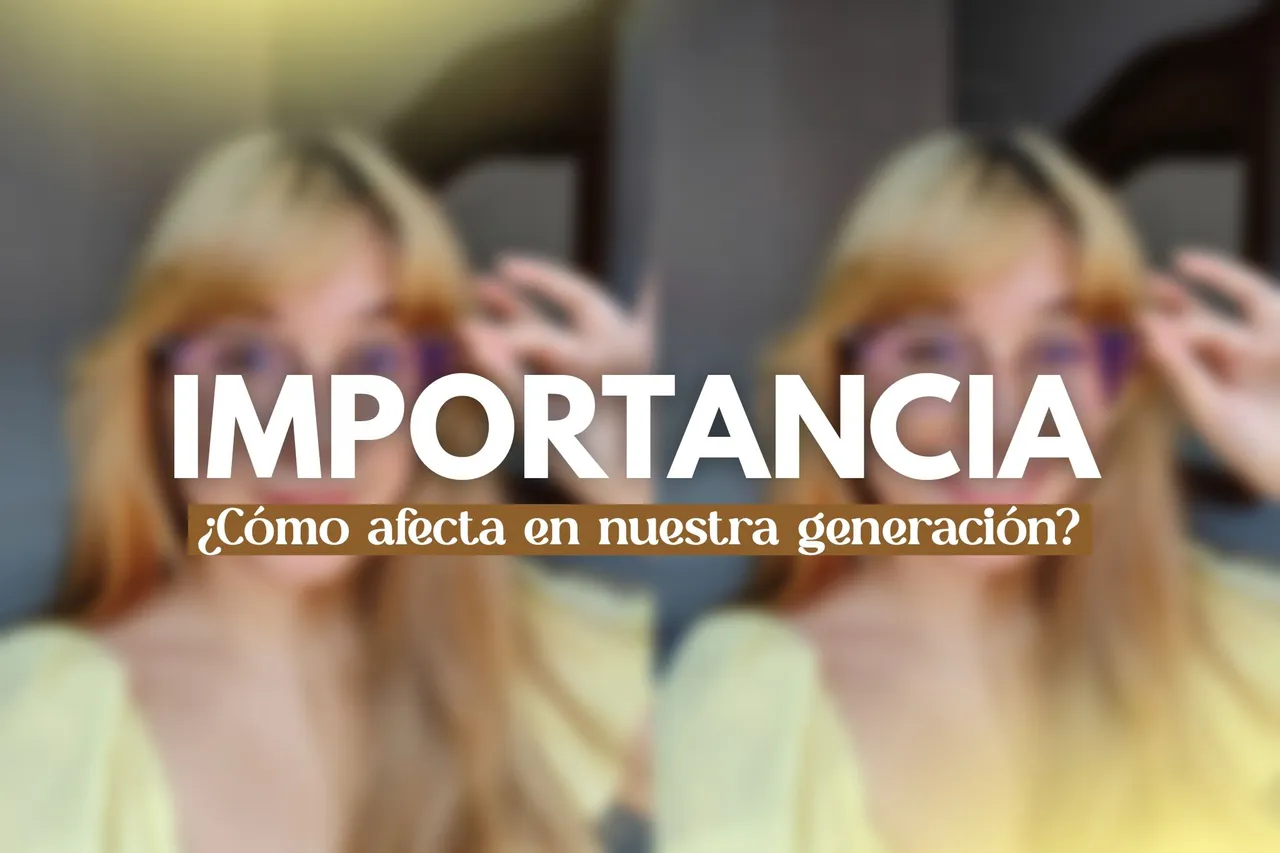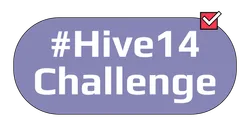
Dime lector ¿Alguna vez has sentido un nudo en el estómago al saber que tus amigos salieron sin ti? Tal vez una leve ansiedad de entrar a Instagram y encontrar que alguien más está disfrutando unas hermosas vacaciones mientras que estas estancada en tu rutina diaria. Si es así, probablemente estas experimentando el famoso FOMO: Fear of Missing Out.
Si no estas enterado de este tema, ven y tomate tu tiempo de leerme el sentimiento más común de nuestra generación.


Impacto en la salud mental: El fomo es un pensamiento bastante repetitivo y contribuye a la ansiedad y depresión. Es importante trabajar en la salud mental y aprender a enfrentar los sentimientos en lugar de reprimirlos.
Relaciones interpersonales: Las relaciones suelen estar afectadas por el fomo, podemos tomar decisiones impulsivas, como salir en un momento que realmente no queremos, solo por el simple hecho de ‘’no perdernos’’.
Impact on mental health: Fomo is a fairly repetitive thought and contributes to anxiety and depression. It is important to work on mental health and learn to face feelings instead of repressing them.
Interpersonal relationships: Relationships are often affected by fomo, we can make impulsive decisions, such as going out at a time we don't really want to, just for the simple fact of ‘’not missing out’’.

Selecciona tus actividades: Me gusta priorizar lo que me atrae en mi vida. Sentirse obligado a cumplir o asistir actividades es dañarse a sí mismo; elige aquello que te entusiasma genuinamente.
Read the above in the English version
Select your activities: I like to prioritize what I am attracted to in my life. Feeling obligated to fulfill or attend activities is self-harming; choose what you are genuinely excited about.
El FOMO es un fenómeno que ha tomado fuerza en nuestra sociedad conectada digitalmente, y reconocerlo es el primer paso para abordarlo. Para mí, es difícil sentirme libre de este fenómeno, fui una chica muy curiosa y veía que los demás la pasaban muy bien, mientras yo estaba encerrada en mi casa. Sin embargo, no permití que el FOMO se adueñara de mis decisiones y he logrado controlar mi vida, paso por paso.
Recuerda, la vida no se trata únicamente de las experiencias que capturas en tus redes sociales, sino de las conexiones auténticas que haces y los momentos que realmente te llenan. Así que la próxima vez que sientas un atisbo de FOMO, tómate un momento para reflexionar sobre lo que realmente deseas y a dónde verdadero quieres llevar tu energía. 🌟
Read the above in the English version
FOMO is a phenomenon that has taken hold in our digitally connected society, and recognizing it is the first step to addressing it. For me, it's hard to feel free of this phenomenon. I was a very curious girl and saw others having a great time, while I was stuck at home. However, I didn't let FOMO take over my decisions and I've managed to take control of my life, step by step.
Remember, life isn't just about the experiences you capture on your social media, but about the authentic connections you make and the moments that truly fulfill you. So the next time you feel a hint of FOMO, take a moment to reflect on what you really want and where you really want to take your energy. 🌟


🤔 ¿Cuáles son las características del FOMO?
- Comparación constante: Las redes sociales han sido tanto una gran herramienta como un obstáculo. Nos hacen comparar nuestra vida con la de los demás por las repetidas publicaciones de amigos, familiares, influencers y celebridades, a menudo nos podemos sentir como si estuviéramos escondidos bajo una piedra ‘’perdiendo’’ oportunidades o experiencias.
- Conexión y desconexión: Internet nos conecta, pero también nos convierten en solitarios y empezamos a sentirnos excluidos de lo que creemos que es la vida real.
- Incertidumbre y ansiedad: ¿A qué evento debemos ir? ¿Qué actividad tengo que asistir? ¿Cuándo me sentiré satisfecha? Esto genera la incapacidad de decidir y estar en paz.
What is FOMO? 🤔
What are the characteristics of FOMO?
- Constant comparison: Social media has been both a great tool and an obstacle. It makes us compare our lives to others because of the repeated posts of friends, family, influencers and celebrities, often we can feel as if we are hiding under a rock ‘’missing’’ opportunities or experiences.
- Connection and disconnection: The Internet connects us, but it also makes us lonely and we begin to feel excluded from what we believe is real life.
- Uncertainty and anxiety: What event should we go to? What activity do I have to attend? When will I feel satisfied? This creates an inability to decide and be at peace.

🗣️ La omnipresencia de las redes sociales
La era digital es parte de nuestro día a día. Las plataformas más utilizadas por nosotros poseen un diseño que destaca los momentos más emocionantes, creando el efecto ’’espejo distorsionado’’. Nos hacen creer que todos están viviendo experiencias increíbles, mientras nosotros nos quedamos atrás. Reconocer el FOMO es crucial porque:☝🏻 La cultura de la comparación
¿La comparación se volvió en rutina? Sí, el fomo alimenta la necesidad de estar al tanto de lo que hacen las demás personas. Se vuelve un ciclo tóxico y competitivo. Reconocer esto permite que asumamos una postura más crítica hacia cómo consumimos contenido en las redes sociales y cómo afecta nuestra autoestima y bienestar. Read the above in the English versionWhy is it important to recognize FOMO today? 📱
The omnipresence of social media
The digital age is part of our daily lives. The platforms we use most have a design that highlights the most exciting moments, creating the ’’distorted mirror’’ effect. They make us believe that everyone is having incredible experiences, while we are left behind. Recognizing FOMO is crucial because:The culture of comparison
Has comparison become routine? Yes, fomo fuels the need to keep up with what other people are doing. It becomes a toxic and competitive cycle. Recognizing this allows us to take a more critical stance towards how we consume content on social media and how it affects our self-esteem and well-being.
- Estrés y ansiedad: La preocupación constante se convierte en fuente de estrés. La carga emocional se duplica y se manifiesta tanto física como emocional, afectando nuestro alrededor y, multiplicando las inconveniencias en el camino.
- Aislamiento social: ¿Saben lo irónico? El FOMO hace que las personas se aíslen más de lo común. La realidad es que no encajamos en ningún lugar, podríamos optar por retirarnos en vez de buscar otras alternativas.
- Satisfacción personal reducida:Nos gusta mirar el éxito de los demás, elogiar y admirar las recompensas de las personas en Internet. Pero ¿Cuándo cumples una meta, realmente lo disfrutas? No, estoy segura que no, minimizas tus esfuerzos porque crees que la aventura de aquellos individuos ‘’destacan más que los tuyos’’. Esto puede llevar a una vida menos satisfecha.
Consequences of FOMO 🥺
- Stress and anxiety: Constant worry becomes a source of stress. The emotional burden doubles and manifests itself both physically and emotionally, affecting our surroundings and multiplying the inconveniences along the way.
- Social isolation: Do you know what's ironic? FOMO causes people to isolate themselves more than usual. The reality is that we don't fit in anywhere, we might choose to withdraw instead of looking for other alternatives.
- Reduced personal satisfaction:We like to look at the success of others, praise and admire the rewards of people on the Internet. But when you achieve a goal, do you really enjoy it? No, I'm sure not, you minimize your efforts because you think that those individuals' adventures "stand out more than yours." This can lead to a less fulfilled life.
